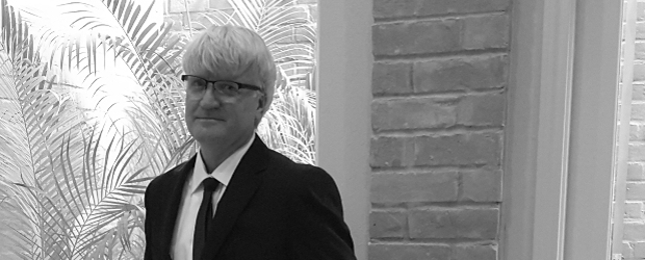I studied at the University of New Mexico (BA in French and Philosophy, MA in French), and at the University of Illinois Urbana-Champaign (PhD in Linguistics) before moving to Houston and the University of Houston-Downtown.
My areas of specialization in linguistics included bilingualism and second language acquisition, West Coast-style theoretical syntax, and computer-assisted language instruction. My first software project was the French Verb Tutor in 1993, which was released through the Intellimation Library for the Macintosh out of Santa Barbara, California. Later, I wrote papers on computer-assisted instruction for the the Ninth International Conference on Technology and Education (Paris 1992) at the Institut Industriel de Transfert de Technologie, the Ninth International Conference on Pragmatics and Language Learning in Urbana (1995), and at the Computer Assisted Language Instruction Consortium’s symposium in Albuquerque in 1996. My publications have appeared in the ADFL Bulletin, La revue canadienne de langues vivantes, the Proceedings of the West Coast Conference on Formal Linguistics, the Computer-Assisted Language Instruction Consortium (CALICO) Journal, and Evolutionary Psychology.
In 1999, I released my second major software title, Spanish for Business Professionals. SBP was the product of a $171,000 grant from the U.S. Department of Education for the development of an interactive, intelligent, multimedia Spanish-language CD-ROM series.![]()

In October 2008, my book Second language acquisition: an evolutionary linguistics approach was published by the University of Michigan Press. By then, my writing and thinking changed directions, and I became a contributor to Skeptic magazine. Since 2002, I have published about ten articles for Skeptic on science education, philosophy, language, and religion. I still make forays into language acquisition.
In the summer of 2015, I had the honor of presenting a short talk on cancer-care marketing and CAM scams at the 13th and final TAM Conference in Las Vegas, Nevada. That was the basis for the cover story I wrote for Skeptic in late 2016. The title is the State of Tumortown. Mike, Pat, Simone et al. at Skeptic did a great job helping me get the article up to standards, as did Vic Wang and the Humanists of Houston, who gave me another opportunity to publicly vet my complaints about marketing in the American cancer-care industry before publishing them.
I am also a cancer survivor, though I admit to a dislike for that term. “Cancer patients” has a nicer ring to it, mostly because of the homonymy with “patience.” One of the first things you learn about cancer is that it does not always go away as we imagine. You do not “survive” cancer until you die of something else. As Hitch said, “I am not fighting cancer. It’s fighting me.” It’s a reality one often has to live with for a lifetime after diagnosis.
I will credit the disease for renewing my interest in the broader study of the humanities. One can reread, for example, Camus’ La peste, or Solzhenitsyn’s Cancer Ward, with a deeper appreciation of the literary genius of our heritage. And there is nothing quite like the mind of a skilled surgeon, oncologist, diagnostician, or nurse to renew one’s faith in scientific progress. The humanities ought to be the celebration of intellectual achievement of all sorts; in the arts, in literature, in philosophy, in economics, and in science and technology.
To my fellow lower-case humanists who still entertain political or social arguments against scientific inquiry: Please stop.
